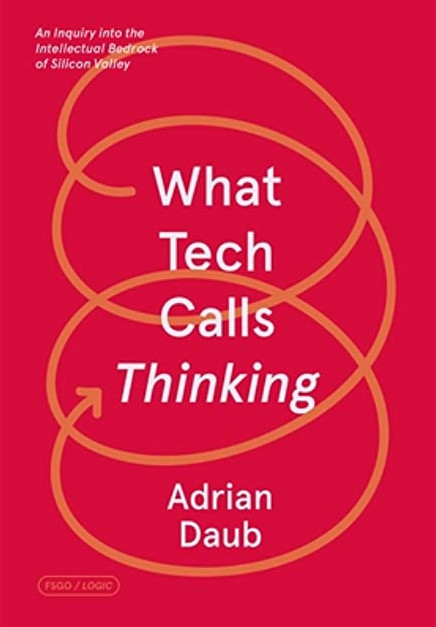
It has always been clear to me that #bitcoin is not just environmentally but also socially destructive. 1/6
As a deflationary (by design and intent) currency, it promotes hoarding (hodling, if you will), favoring the rich who can afford to sit on their assets and live off their appreciation. 2/6
While all the crypto bros see themselves as 'entrepreneurs' their desire is to become #rentiers. That is baked into the design. But just how dominant this desire is and how evil its outcomes are, surprises even the cynic in me. 3/6
I long thought that ransomware was the only true crypto business case (other than Ponzi schemes) but there is a second one: play-to-earn (though that is also a Ponzi scheme). Rather than burning through CPU cycles, you burn through people's lifetime to mine tokens. 4/6
The schemes are set up in a way that the people from whom this might be attractive as a shit-job (better than no job) cannot afford to get in. High upfront costs. 5/6
So the real business case is for rich people to upfront these costs and to take a cut off poor people slaving away doing mindless, socially unproductive work. All fully automated, a rentier's dream which destroys society and the planet. This bubble needs to burst. 6/6
• • •
Missing some Tweet in this thread? You can try to
force a refresh






